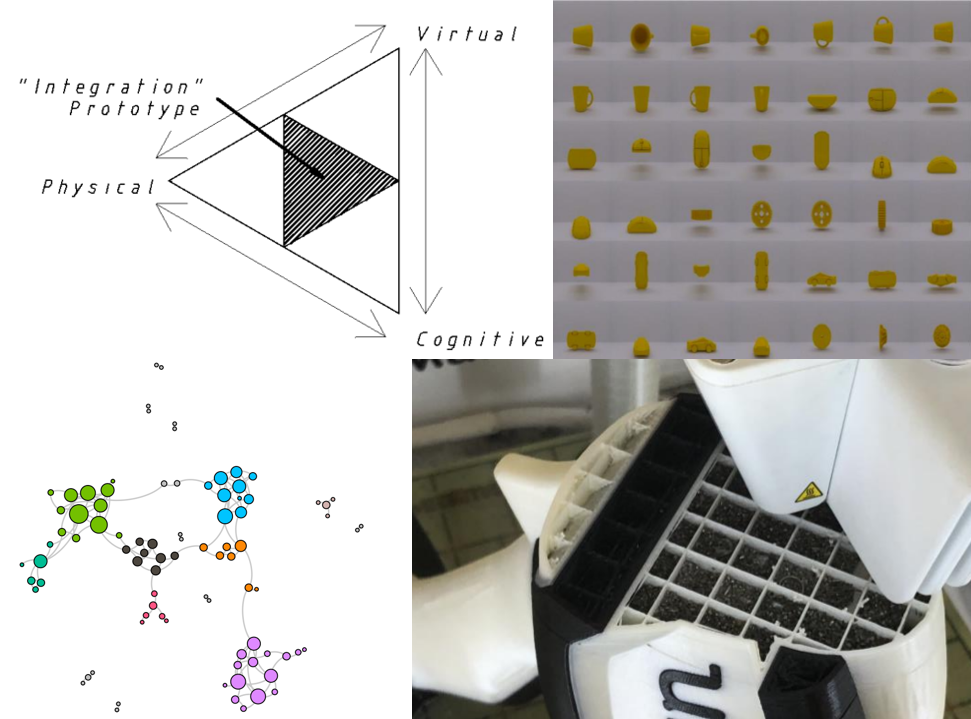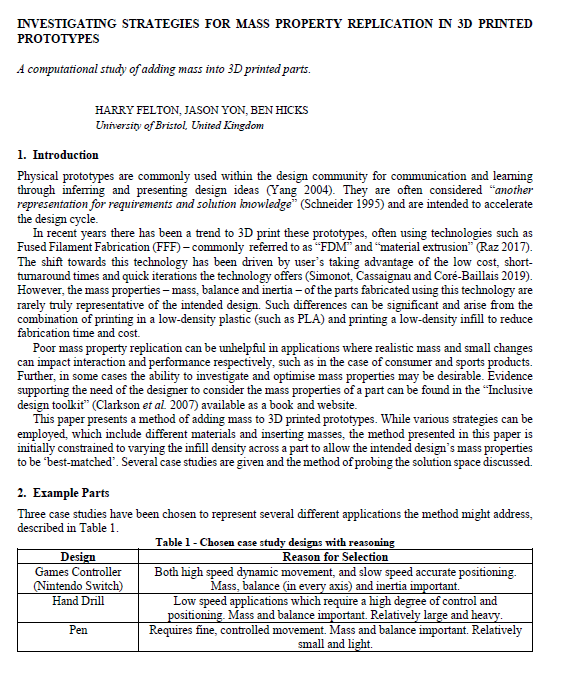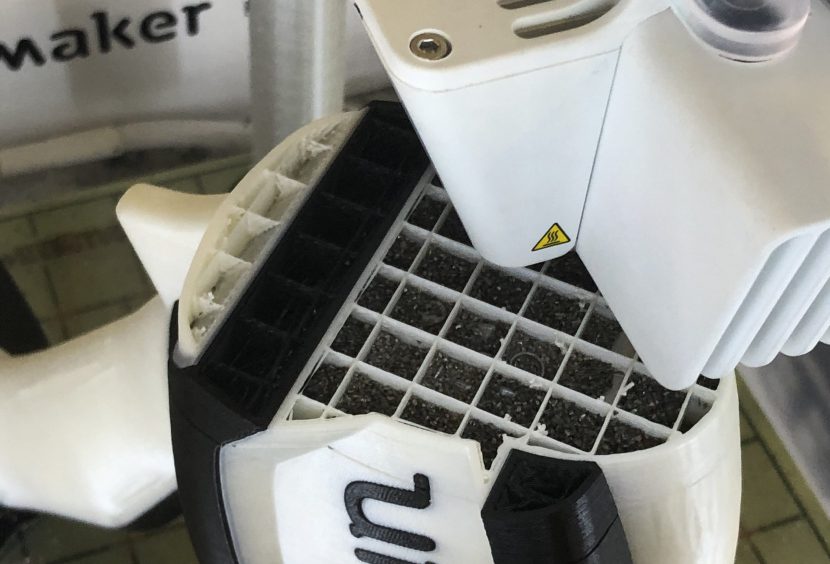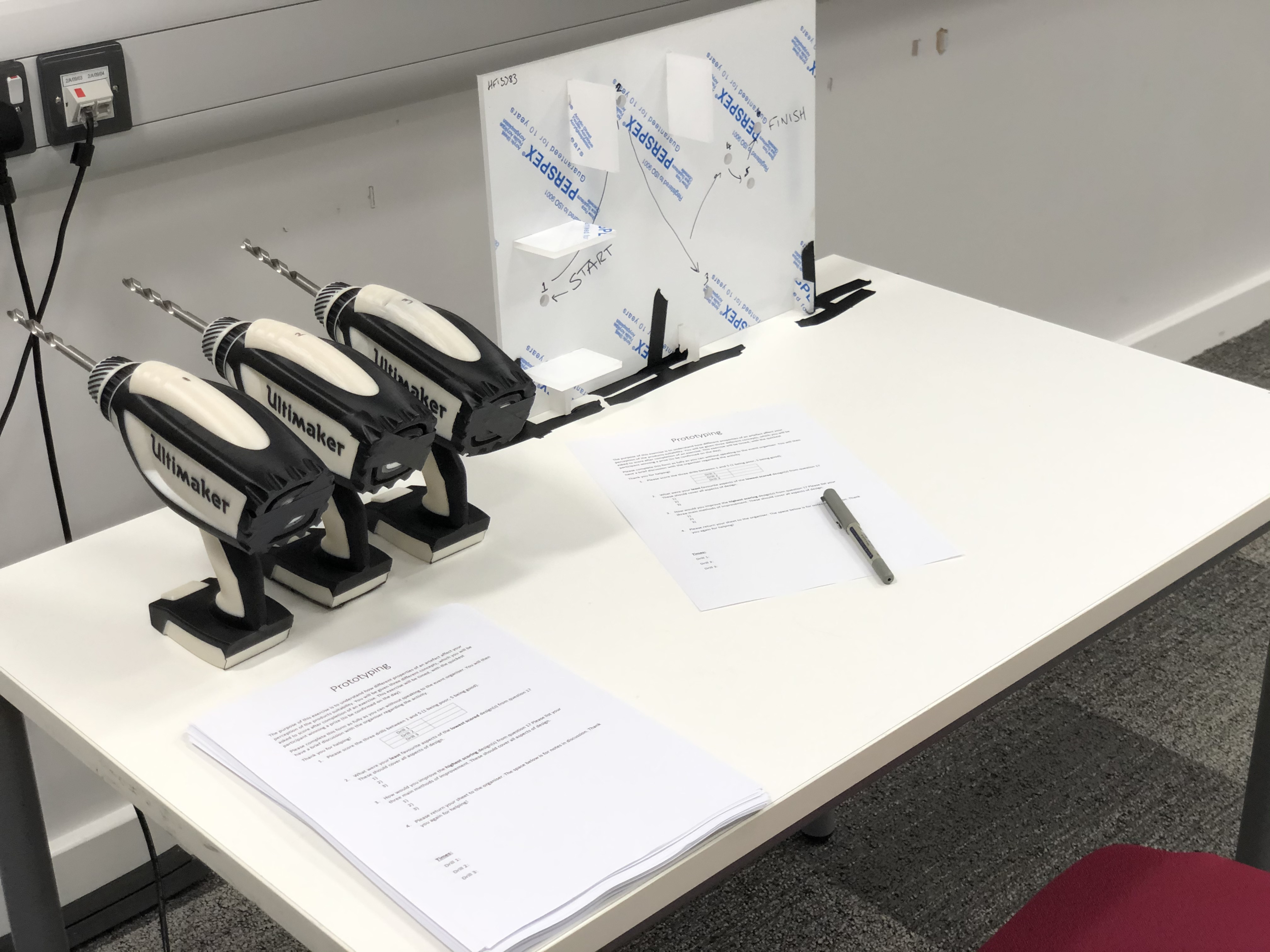DCC 2020 – Poster Presentation (Presented by 8-bit Harry!)
Harry today presented his poster titled “Investigating strategies for mass property replication in 3D printed prototypes” at DCC2020 – virtually, of course, given the world we now live in! The poster aims to introduce the use of variable infill for the purpose of replicating mass properties between as-designed and as-fabricated parts when using rapid prototyping. […]





